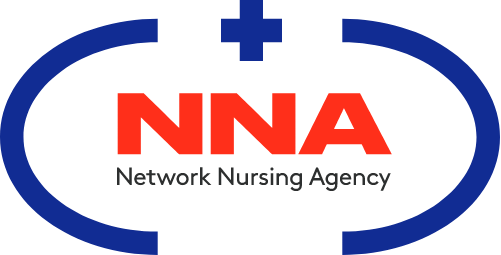Meet the Direct Support Team: Pam
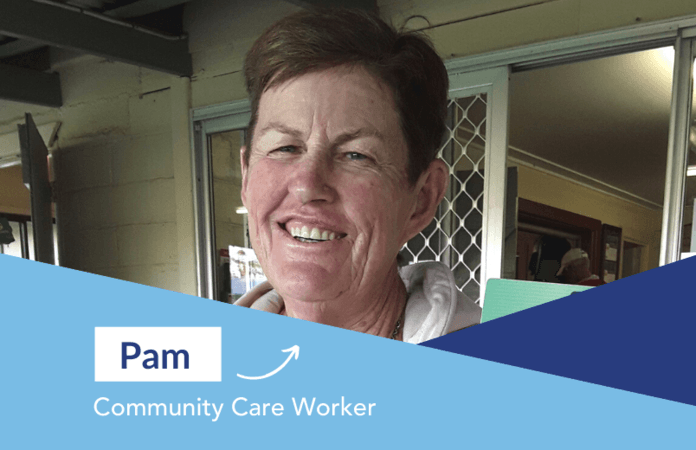
In our latest intalment of Meet the Direct Support Team, We recently sat down with Community Care Worker, Pam, to chat about her journey into disability support, what a typical day at work looks like, and why it's a career path worth considering.
Read on to get to know Pam.
Tell us about your journey into Disability Support
I’ve been in the health system for nearly 40 years. I had a management position in aged care before going on a trip around Australia. I’ve taught students at TAFE in aged care and lifestyle and activities before working in disability support. I’m now a direct support worker and really enjoy it. Working with people 1 on 1 and having personal contact is highly rewarding.
What do you love most about your job?
I love teaching people – that probably comes from my teaching background. I enjoy passing on my own knowledge. In this field of work, skills are acquired. You learn on the job and develop your own way of caring for people. What suits you, doesn’t always suit another person.
Each day is different, so I enjoy the challenge and supporting people in different ways.
What type of settings do you work in?
I’ve been working in a share house supporting 3 customers with physical and intellectual disabilities. They are all long-term customers and I have worked up some strong relationships with them, their families, as well as my colleagues I work alongside.
Run us through a typical day at work
5:30am – Wake up and drive to work
7am – Start work and usually have a coffee with the residents.
7:30am – 8:30am – Have breakfast and prompt the residents to do their personal care routine.
Morning or afternoon activities
Daily activities are varied and depend on the weather. The residents have a cleaning roster so they each have a job to do around the house. We have a weekly cooking night where we try out a new recipe. We play cards, do scrapbooking and watch the quiz shows on TV. Pizza nights and slot cars are regular activities. We also accompany the residents to doctor’s appointments and take them grocery shopping on a regular basis.
What is the most challenging part of your job?
Living in the Mallee Region, the most challenging thing for me is being rurally isolated. NNA Direct Support Service’s office is based in Sydney, so it is not as if we can walk into the office after work.
Staying organised and sticking to a routine can sometimes be challenging, but it’s something that’s very important. It can be unsettling for us as support workers and our customers when we don’t have a structure built into the day.
How have you found NNA Direct Support Service?
I must say my Coordinator, Rachel, is excellent. She is always accessible and responsive. We talk to her and make suggestions. She is there to listen to any problems we have and helps us work through them, which is important in this type of work. Feeling supported in this job is necessary to provide the best support.
I also met NNA Direct Support Service’s General Manager, Jo, on a stinking hot day in Kerang. She had made the trip down from Wollongong to meet the new staff. I was really impressed she made the effort, and it was nice talking to her.
What’s your advice for people thinking about becoming a disability support worker or moving across from Aged Care?
Make sure you think outside of the box, because one job is not the same as another job. Just because you’ve worked in Aged Care, doesn’t automatically make you a great Disability Support Worker. It’s a different skill set.
Also, get as much education as you can. If there is a course going, seize the opportunity to upskill and learn. That’s my advice.
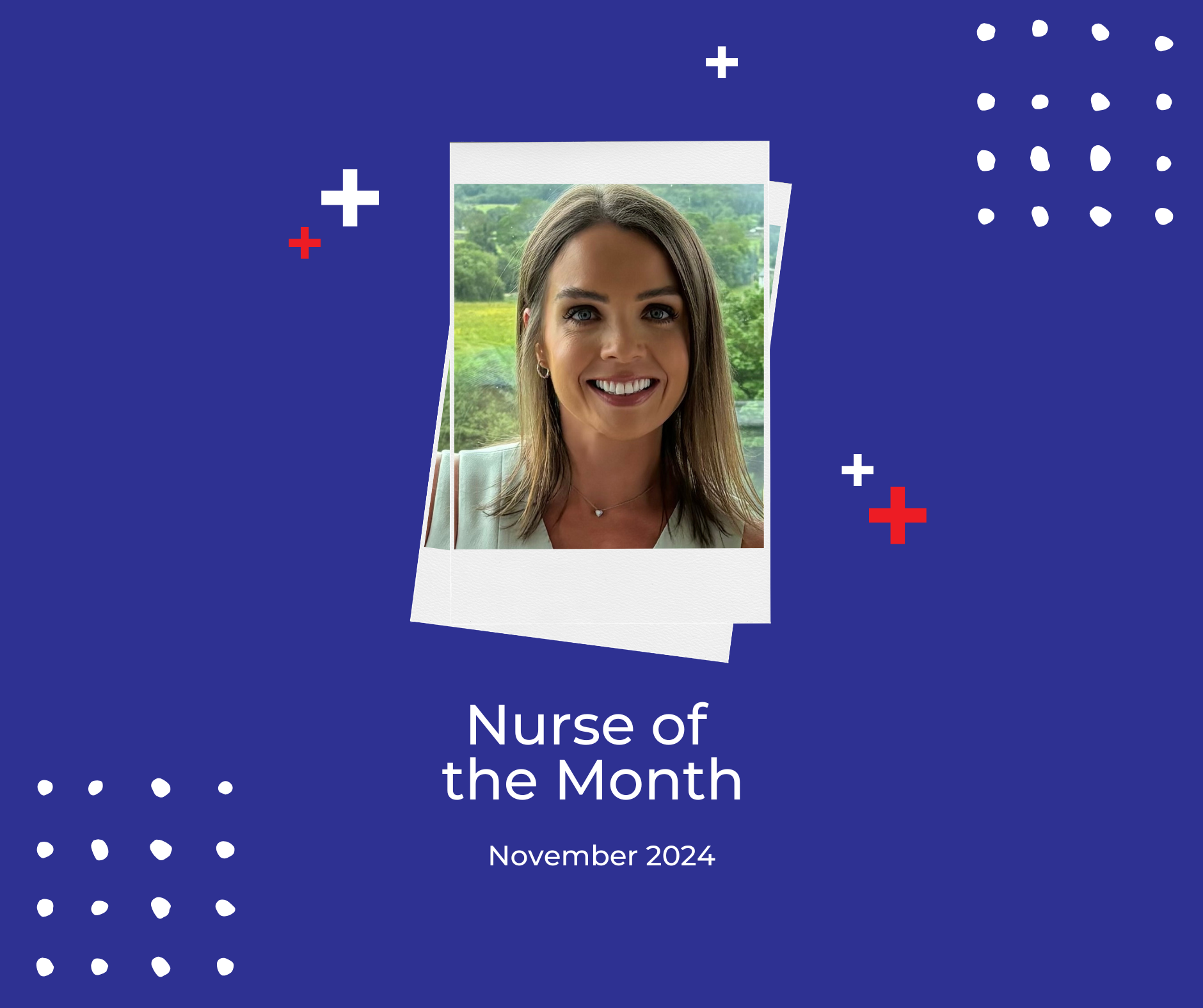
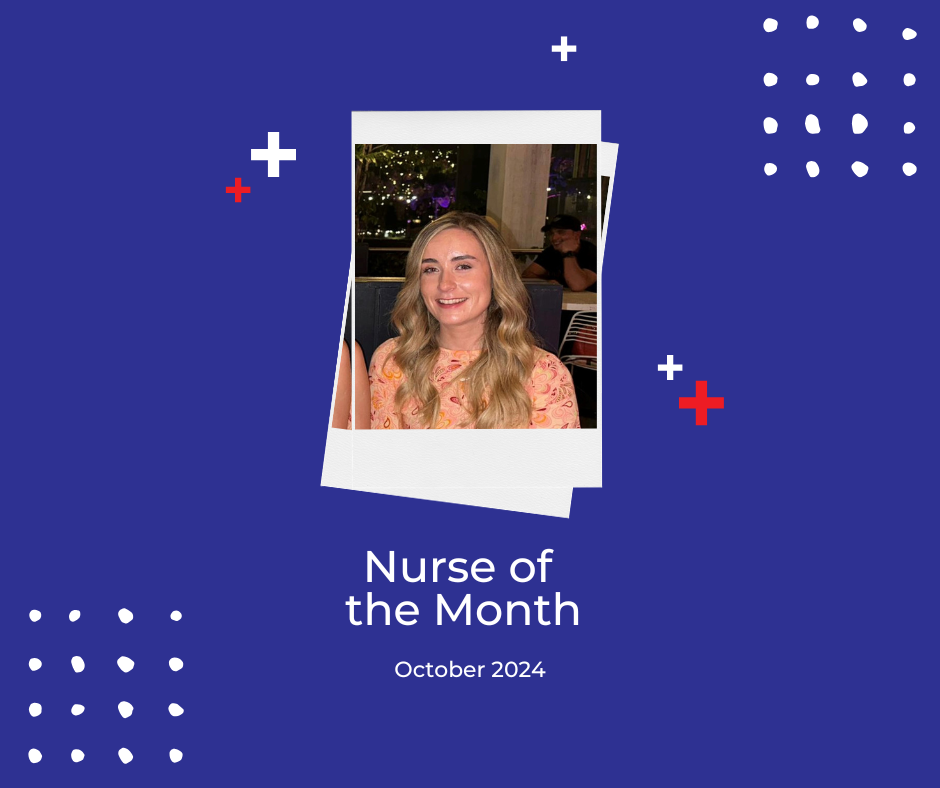


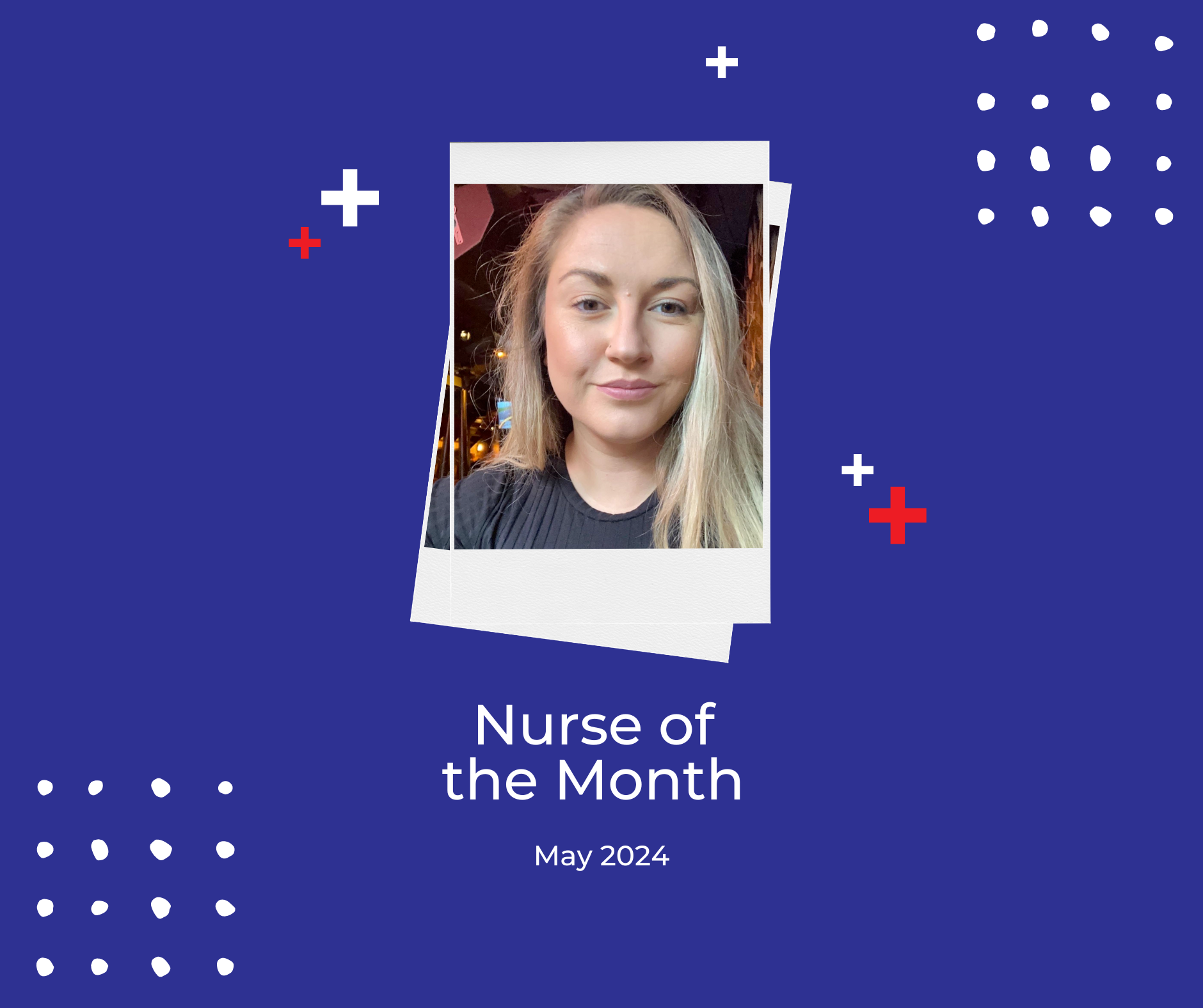
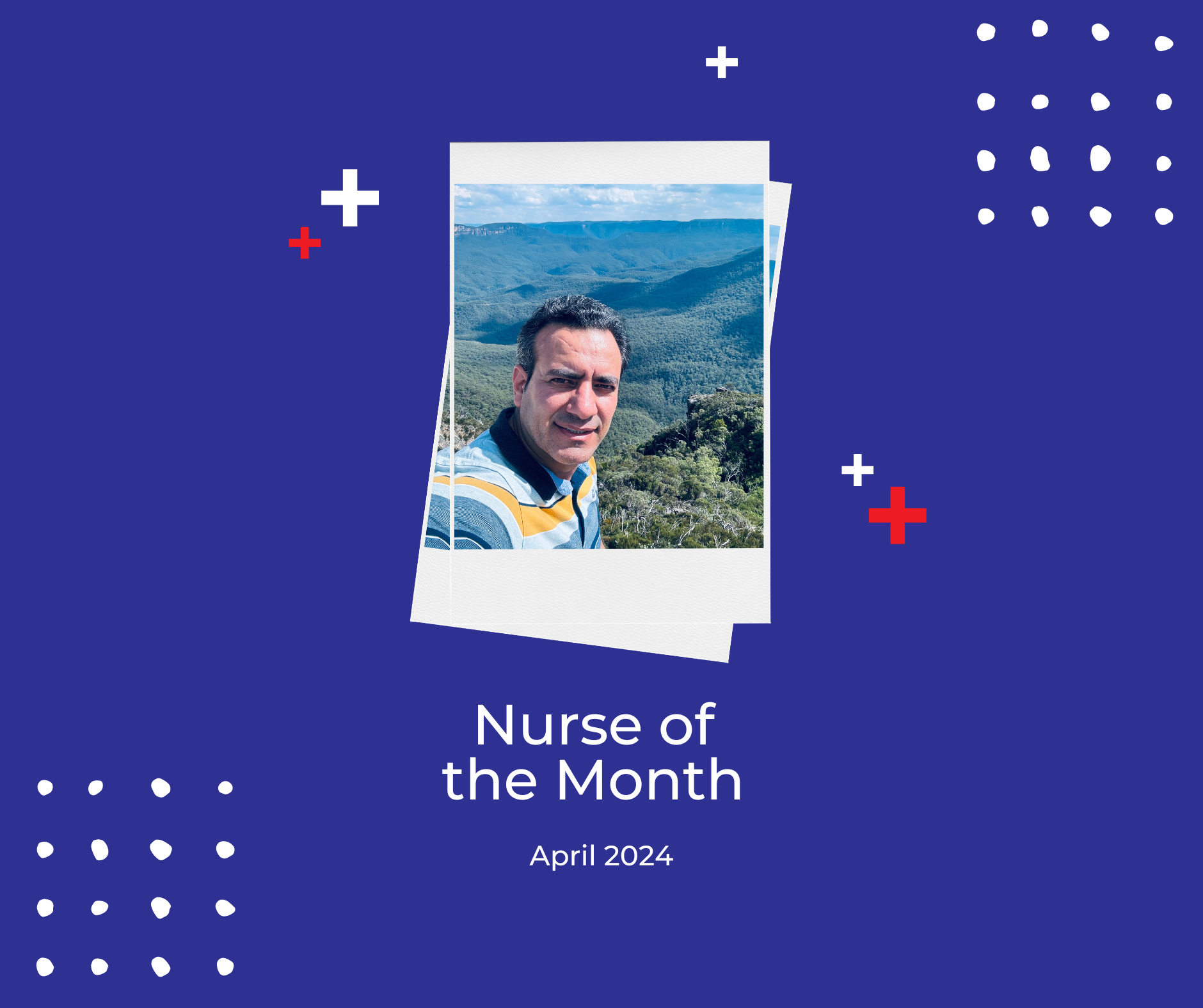

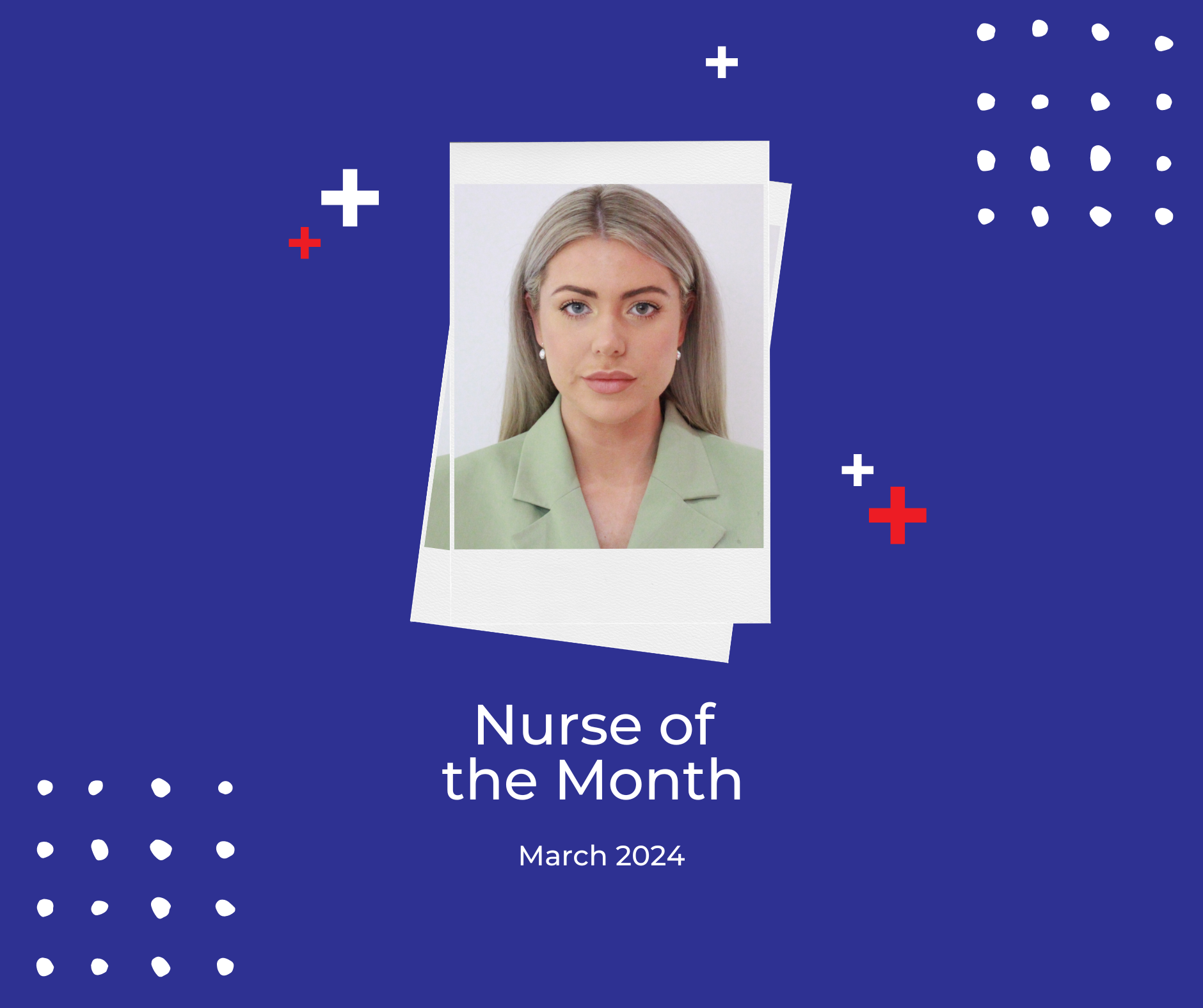

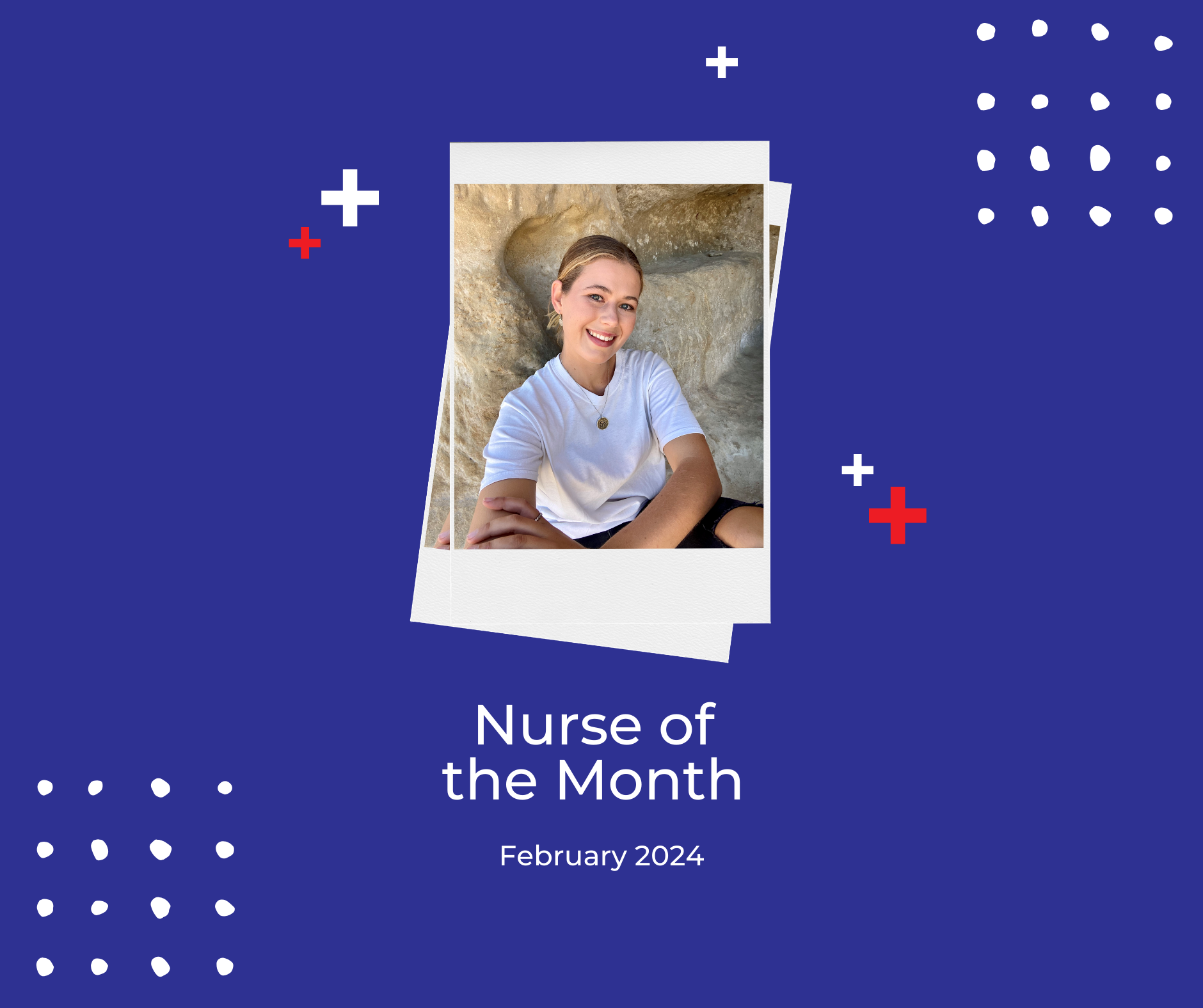
We acknowledge the Traditional Owners of the land where we work and live, the Gadigal of the Eora Nation and pay our respects to Elders past and present. We celebrate the stories, culture and traditions of Aboriginal and Torres Strait Islander Elders of all communities who also work and live on this land.
Copyright Network Nursing Agency © 2023
